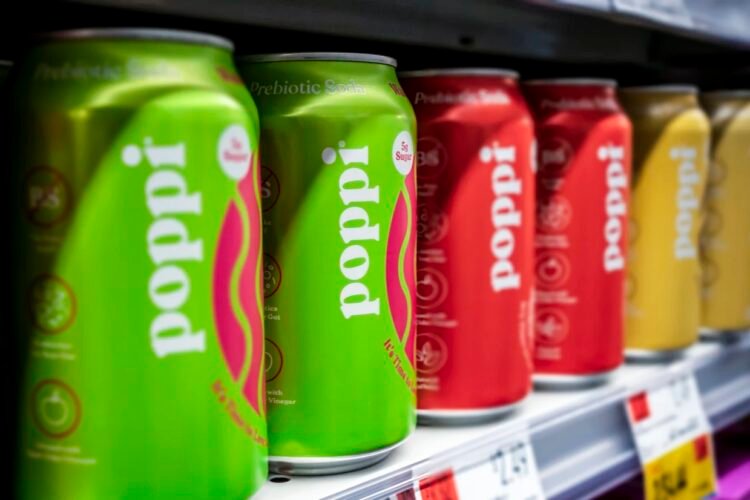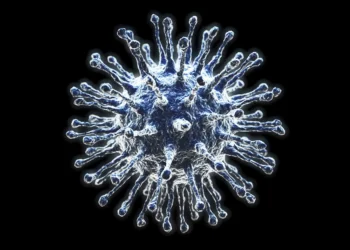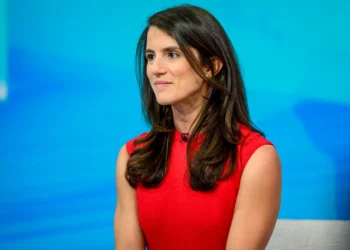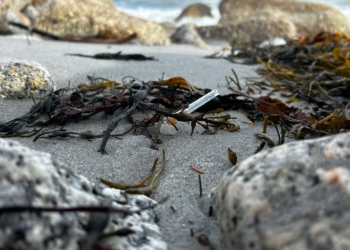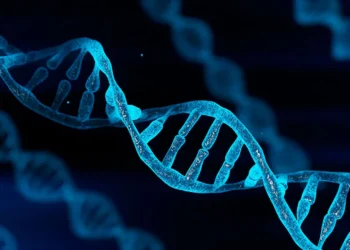In a bold move signaling the future of functional beverages, PepsiCo has acquired Poppi, the buzzy prebiotic soda brand, in a deal valued at $1.65 billion. The purchase marks a decisive step by the soda giant into the wellness drink space, and it comes with high expectations — and higher consumer scrutiny.
Founded in 2015 by Texas couple Allison and Stephen Ellsworth, Poppi began as a kitchen experiment combining fruit juice, sparkling water, and a dash of apple cider vinegar. Their mission was clear: revive soda’s popularity with a formula that tastes good and feels good. A decade later, that idea has fizzed into a cult phenomenon.
From Kitchen Counter to Culture Icon
Poppi didn’t just build a beverage — it built a brand. Known for its nostalgic neon cans and throwback flavors like cherry cola and root beer, the brand quickly caught fire with Gen Z audiences. Slick influencer campaigns, a splashy Super Bowl® ad, and celebrity backers including Olivia Munn elevated Poppi from health aisle curiosity to Amazon’s top-selling healthy soda.
Its rise wasn’t without a few missteps. One infamous campaign involved gifting $25,000 vending machines to influencers, drawing sharp criticism for excess. Still, Poppi’s core message — gut health made fun — stuck.
But Is It Really Healthy?
Poppi has long touted its gut benefits, thanks to ingredients like apple cider vinegar and prebiotics. But some experts — and at least one California court — aren’t convinced. In 2024, the company faced a class-action lawsuit alleging misleading health claims. The proposed $8.9 million settlement is still awaiting approval.
Health professionals note that while Poppi contains significantly less sugar than traditional sodas, its wellness claims should be taken with a grain of salt. “It’s a better alternative, not a miracle elixir,” one nutritionist noted. Kombucha, it seems, still wears the crown for serious gut health.
A Lifestyle Disguised as a Drink
What truly set Poppi apart wasn’t just its ingredients — it was its identity. Founder Allison Ellsworth once described the brand as “a tight-knit community and lifestyle,” a sentiment echoed in exclusive merch drops and experiential events that blurred the line between product and persona.
Behind the scenes, branding guru and Shark Tank investor Rohan Oza helped repackage Poppi’s original form, “Mother Beverage,” into its polished present-day form — a fridge-ready darling fit for Target shelves and TikTok feeds alike.
The Pepsi Factor: Fear or Fuel?
With PepsiCo now in control, fans are both excited and nervous. Social media lit up with pleas to preserve Poppi’s beloved formula. “Please don’t change anything,” one post read, echoing a broader fear that Big Soda might water down the brand’s soul.
PepsiCo, for its part, has promised to “honor what makes Poppi so special” while expanding its global reach. Industry watchers say the brand could soon see wider distribution through Pepsi’s retail channels, unlocking massive growth — if authenticity survives the scale-up.
Bottom Line: A Fizzing Future
Poppi’s rapid ascent reflects a deeper shift in consumer priorities. Flavor now shares the stage with function, and brand identity can be as vital as the product itself. Whether Pepsi can balance Poppi’s charm with corporate scale remains the billion-dollar question.
For now, the soda aisle has a new face — and it’s smiling in neon.

 English
English













































